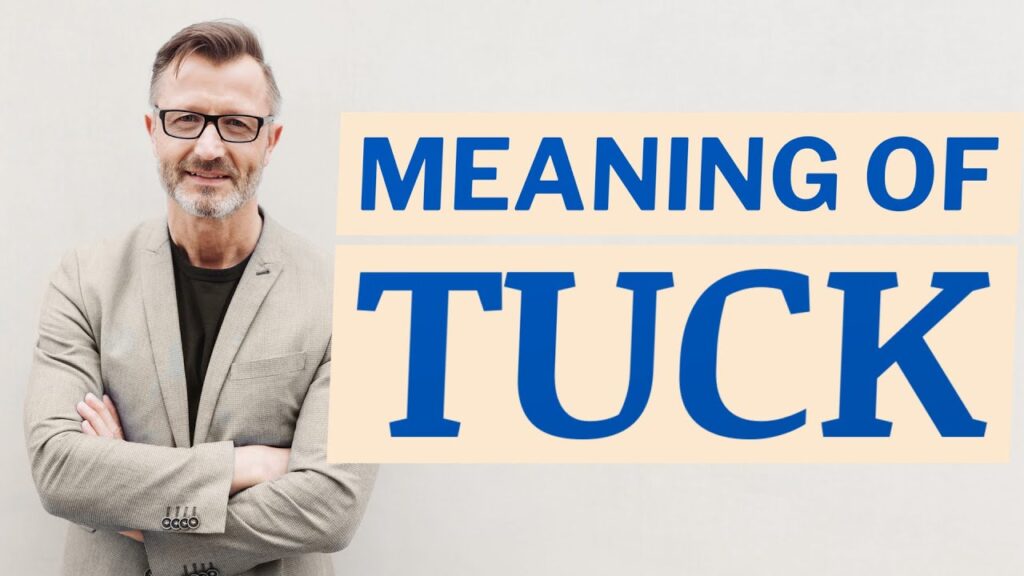
Have you ever stumbled upon the term “Tuck Beard Law” and wondered what it really means? While it might sound unusual at first, this legal concept holds a deeper significance in the way fairness, responsibility, and balance are understood in legal and social contexts. Let’s break it down and explore why it matters.
What is Tuck Beard Law?
Tuck Beard Law is a principle that emphasizes fairness, balance, and accountability in decision-making. While the name might sound unusual, it symbolizes the idea of keeping judgments neat and unbiased, much like tucking away a beard to maintain order. At its core, it highlights the importance of treating all parties equally, ensuring that responsibilities are honored, and disputes are resolved with integrity.
Historical Background
The roots of Tuck Beard Law lie in early legal traditions that sought to ensure justice when written codes fell short. Over time, these principles evolved through interpretations that placed fairness and balance at the forefront of decision-making. As societies modernized, the concept continued to shape how disputes were resolved, influencing both legal systems and social practices.
Why is it Called “Tuck Beard Law”?
The term “Tuck Beard Law” carries a symbolic meaning rather than a literal one. It represents the idea of keeping fairness, order, and discipline neatly “tucked in,” much like grooming a beard to maintain balance. The name reflects the principle that justice should be applied with care, precision, and without bias, ensuring harmony in both legal and social contexts.
Core Principles of Tuck Beard Law
The core principles of Tuck Beard Law revolve around maintaining fairness, responsibility, and balance in all decisions and actions. These values ensure that justice is applied with equality and integrity.
- Fairness – No side should be given undue advantage.
- Responsibility – Each party must fulfill their obligations.
- Balance – Outcomes should remain proportionate and just.
Practical Applications
Tuck Beard Law finds its place in different aspects of life, from legal settings to everyday agreements, by promoting fairness and responsibility. It encourages balanced outcomes where rules alone may not suffice.
- Applied in legal disputes to ensure just decisions
- Used in business contracts for ethical transparency
- Helpful in personal agreements to maintain harmony
Benefits of Understanding Tuck Beard Law
Understanding Tuck Beard Law is valuable because it helps individuals and organizations foster fairness and avoid unnecessary conflicts. By embracing its principles, people can build trust and maintain balance in different aspects of life.
- Helps prevent disputes
- Encourages fairness and equality
- Strengthens trust and relationships
Common Misconceptions
Many people misunderstand Tuck Beard Law, assuming it is outdated or merely symbolic with little relevance today. In reality, its principles of fairness, responsibility, and balance remain highly applicable in both legal and everyday contexts. Clearing these misconceptions helps us see how the law’s timeless values continue to guide fair decisions in modern society.
Case Studies and Examples
Consider a business partnership where one party attempts to take advantage of unclear terms in a contract. Instead of escalating conflict, applying the principles of Tuck Beard Law would encourage a resolution rooted in fairness and balance. This approach ensures both sides feel respected, builds long-term trust, and prevents one party from being unfairly disadvantaged.
Comparison with Other Legal Doctrines
When compared to other legal doctrines, Tuck Beard Law stands out for its unique emphasis on discipline, fairness, and balance. While doctrines like equity law focus on justice and contract law emphasizes obligations, Tuck Beard Law blends these ideas with a symbolic approach to maintaining order. This makes it not just a legal concept but also a guiding principle for ethical decision-making in diverse contexts.
Challenges in Applying Tuck Beard Law
Applying Tuck Beard Law can be challenging due to differences in cultural values, varying interpretations, and the limitations of existing legal systems. What feels fair in one context may not translate the same way in another, making consistency difficult. Despite these hurdles, the principle still serves as a guiding framework to encourage fairness and balance in complex situations.
Future of Tuck Beard Law
The future of Tuck Beard Law looks promising as it continues to evolve with modern legal and social dynamics. Its focus on fairness, balance, and responsibility makes it increasingly relevant in areas like corporate governance, digital ethics, and community relations. As societies face new challenges, this principle may serve as a guiding framework to ensure justice and equity remain at the heart of decision-making.
Expert Opinions
Experts view Tuck Beard Law as a principle that quietly shapes fairness in both legal and social contexts. Lawyers often highlight its role in balancing disputes when strict rules fall short, while academics see it as a timeless reminder that justice should go beyond technicalities. Together, these perspectives show how the law’s values of fairness, responsibility, and balance continue to influence modern thinking.
Conclusion
Tuck Beard Law may sound unusual, but its principles fairness, responsibility, and balance are timeless. Whether in courtrooms, boardrooms, or living rooms, it offers a guiding light for harmony and justice.
FAQs about Tuck Beard Law
1. Is Tuck Beard Law a real legal statute?
No, it’s more of a principle or doctrine that symbolizes fairness and balance rather than a written law.
2. Why is it called Tuck Beard Law?
The name is metaphorical, symbolizing the idea of keeping things “tucked in” and orderly when making fair decisions.
3. Can businesses apply Tuck Beard Law principles?
Yes, businesses often use similar fairness-based approaches to maintain ethical practices and avoid disputes.
4. How does it differ from equity law?
While both focus on fairness, Tuck Beard Law emphasizes balance and discipline as guiding metaphors.
5. Is Tuck Beard Law relevant today?
Absolutely. Its principles continue to influence modern legal practices, business ethics, and personal decision-making.





